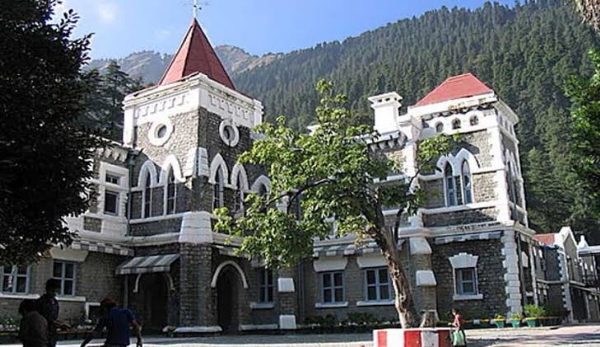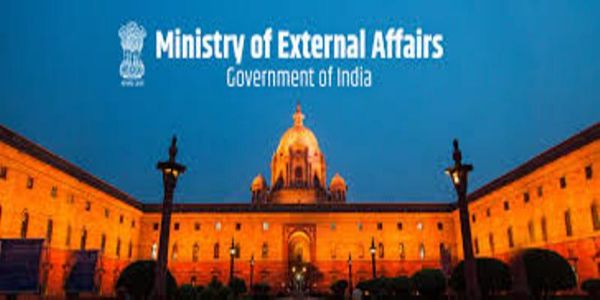
Nainital, 14 June (H.S.): The Uttarakhand High Court has quashed a summons from a trial court against Patanjali Ayurved, Divya Pharmacy, and their owners, Baba Ramdev and Balkrishna, regarding allegations of misleading advertisements linked to products like Coronil. In a judgement on June 3, Justice Vivek Bharti Sharma noted the absence of an expert report substantiating the claims of falsity in the advertisements. He stated that a mere suggestion to remove an advertisement lacked specificity regarding the alleged false claims, thus failing to justify prosecution under the Drugs and Magical Remedies (Objectionable Advertisements) Act, 1954. The Court pointed out that there were no specific allegations indicating how the advertisements were misleading, which would warrant the trial court’s cognizance. The High Court also criticized the State's reference to a Supreme Court observation regarding contempt of court by Ramdev and Balkrishna, deeming it misplaced. It emphasized that the decision on the legality of the trial court's order should be based solely on the proper test applied to the complaint.
Last year, the State government filed a complaint against the defendants alleging 20 offenses from 2022 to 2024, leading to the trial court's cognizance on April 16, 2024, and subsequent summons, which were challenged in the High Court.
The State counsel acknowledged that the complaint did not claim Patanjali's promotional videos or advertisements were false regarding the efficacy of its medicines, nor did it show any misleading elements in the advertisements. Justice Sharma noted the trial court's failure to demonstrate any judicial reasoning when taking cognizance and summoning the accused. The cognizance order simply stated that it was based on the complaint and available evidence without specifying what that evidence was.
The Court pointed out that the trial court could not have taken cognizance of the offences due to the expiration of the limitation period, as most offences were allegedly committed before April 15, 2023, exceeding one year prior to cognizance. This invalidated the trial court's order dated April 16, 2024, which improperly included offences beyond the limitation period.
Additionally, the Court highlighted the absence of a Section 65B certificate under the Indian Evidence Act to authenticate the digital evidence against the accused. It determined that the 20 alleged offences were distinct and not connected, making the composite order of taking cognizance for multiple offences spanning over two years unlawful. Consequently, the Court quashed the cognizance and summoning order of the Chief Judicial Magistrate, Haridwar, with Advocate Piyush Garg representing the petitioners and Deputy Advocate General Deepak Bisht representing the State.
---------------
Hindusthan Samachar / Jun Sarkar







